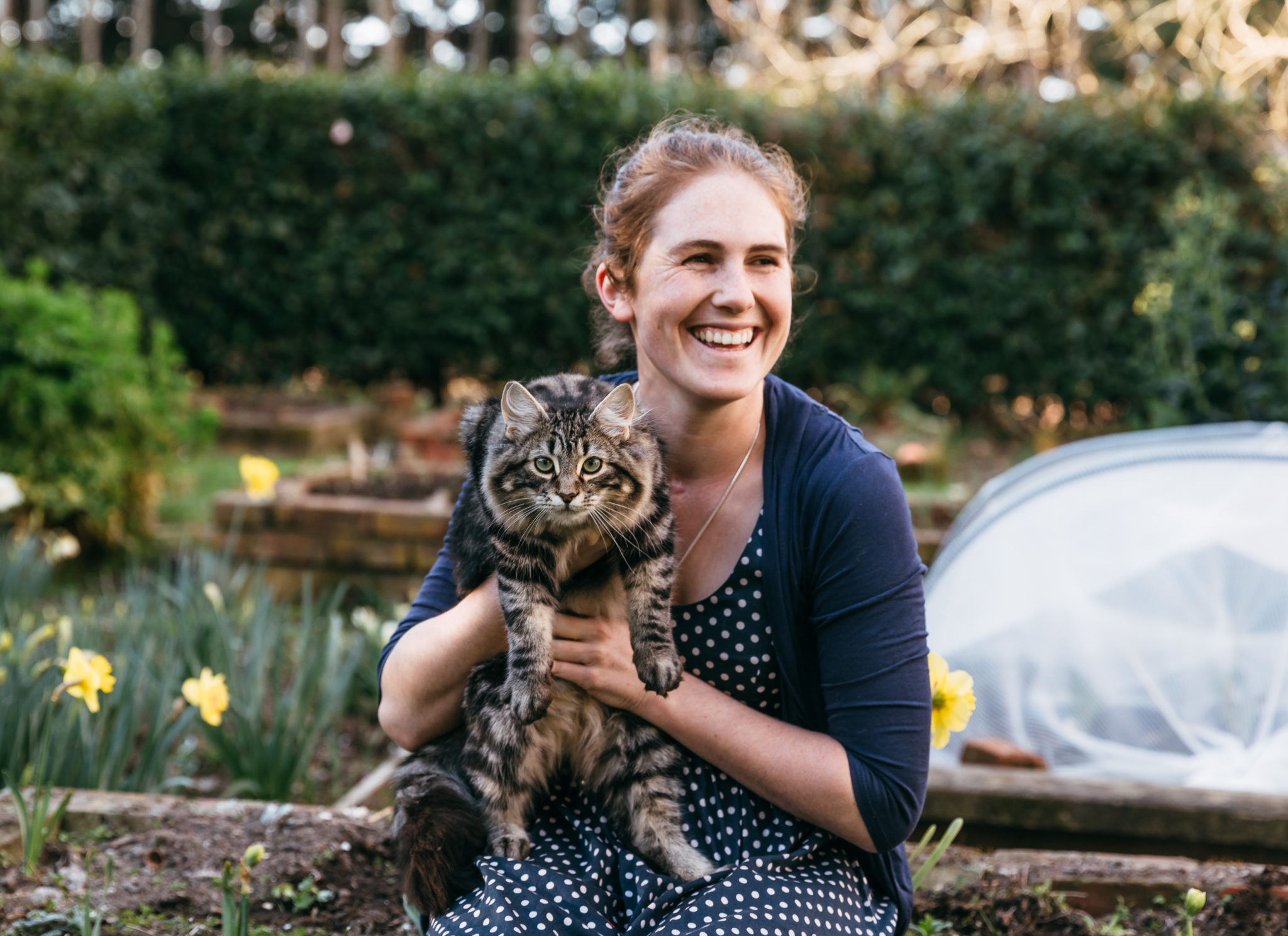Training for independence (TI, TIAS – Short Term, Wellbeing) We provide comprehensive rehabilitation packages for clients who have had a traumatic brain injury (TI -TBI) and also other complex injuries (TI – Other Injuries) such as spinal injuries.

What does the training for independence service provide?
- An interdisciplinary team approach to the rehabilitation needs of the client and family/whānau.
- Client focused rehabilitation plans.
- Functional “real - life” rehabilitation that targets the needs of the client to enable a return to normal life and everyday activities.
- Education reassurance and support.
- Remote and rural service as well as services provided in the home.
- Preventative advice.
- Management of longer-term problems.
- Family/whānau support education.
- Contact/liaison with relevant parties where appropriate, including family doctor (GP), ACC, school, university, employer, etc.
Our Training for Independence programmes can be in place for several months, or can be provided for a client that requires short-term intervention (Training for Independence Advisory Services, Short Term).
Programmes can also be in place to provide intermittent oversight or monitoring/supervision from a rehabilitation professional over an extended period of time, known as Training for Independence Wellbeing Advisory Services.

Professionals who may be involved in the training for independence programmes
Our rehabilitation professionals work in an interdisciplinary way. Usually several team members work closely to assist the client and family/whānau to understand the effects of the injury and how best to assist recovery.
As part of this programme a keyworker is appointed from within the team, to be the main point of contact for the client/family/whānau and for the ACC support services staff. This person also ensures reporting and communication is timely and effective for all parties.
- Clinical Psychologist/Neuropsychologist
To review mood, behaviour and the impact of the accident on the client, family/whānau relationships, work or study. To assess memory, concentration and other cognitive abilities.
- Occupational Therapist
To look at pre-injury roles and investigate any changes in ability to complete these (family, home, work, leisure, community etc).
- Physiotherapist
To look at physical function in all normal everyday roles – e.g. vision, balance, mobility, strength, fitness and safety.
- Speech Language Therapist
To look at cognitive language abilities such as the ability to: process quick, complex information, to concentrate at work/school and in general home life, remember conversations, find the right words and also be able to cope in social situations.
- Dietitian
To look at nutritional requirements following an injury and ensure that these are being met.
- Social Worker
To assist with housing needs, finances and budgeting, parenting, transport, liaison with drug and alcohol and mental health agencies and legal issues that may arise.
- Registered Nurse
To address any clinical needs the client has such as: managing medication, alternative feeding options (PEG) or wound care.
- Rehabilitation Coach
To work one to one with clients to ensure to assist/support with therapy goals.

To refer
Referrals are usually received by Laura Fergusson Brain Injury Trust via ACC support services staff.
Any GP referrals require prior approval from ACC.
Private referrals are also welcomed.
Get in touch
For more information about this service and availability, find out how we can help you.
Contact us